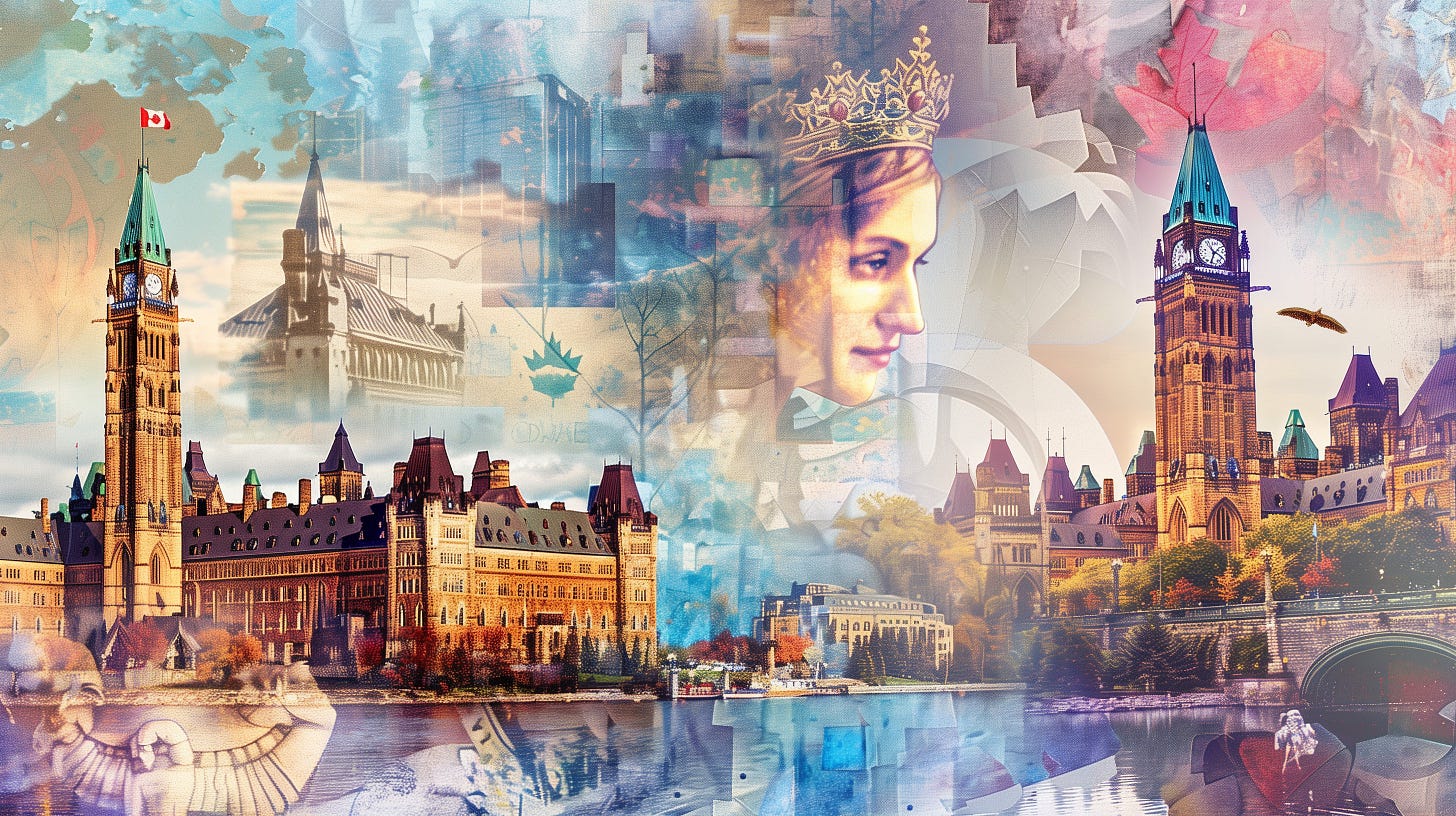Bill C-2: The Strong Borders Act and the Erosion of Canadian Freedoms
Why this omnibus security bill should concern every Canadian — and why you need to read it yourself.
Bill C-2, branded as The Strong Borders Act, is not just another piece of bureaucratic legislation — it’s a sweeping redefinition of what it means to be secure, free, and Canadian. Beneath its patriotic title lie hundreds of changes that would expand surveillance powers, weaken privacy protections, restrict asylum rights, and centralize ministerial cont…




